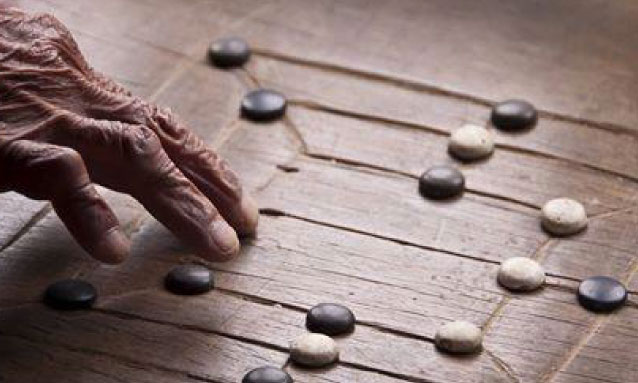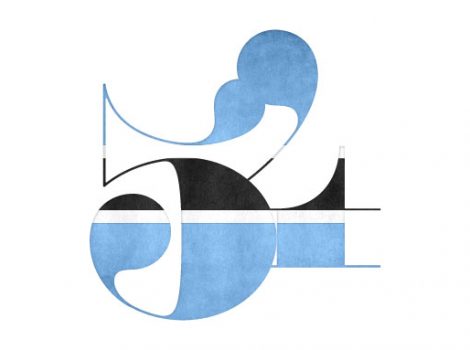
With the advent of modern technology, a lot of our traditions and norms, including popular games, have fallen by the wayside. Where children used to enjoy the outdoors, playing games with their friends out in the streets, climbing trees and physically interacting at their grandmothers’ homesteads, today’s children are now glued to their modern gadgets.
Many of us will remember playing hide and seek, house, frolicking in crocodile and hippo-infested rivers and other fun childhood games. We all looked forward to going home after school, the weekends and school holidays, knowing we’d have all the time in the world to play various outdoor games with our friends to our heart’s content. Parents rarely had to order their children to go out and play. If anything, they would sometimes have trouble rounding us up as the sun started to disappear down the horizon because we’d be so busy having fun that we’d lose all track of time. By the time we made it back home, we’d be covered in dust and sweat from head to toe, dreading the wrath of our parents.
Researchers say dozens of outdoor activities that were almost universally enjoyed a generation ago are falling out of favour. According to the research, the average child spends just under five hours a week playing outside, less than half the 11 hours their parents’ generation enjoyed. Experts believe the lack of outdoor activity is having a significant impact on children’s health, with exercise low in their priorities.
The study also found that a lack of outdoor play could be affecting their education about nature, as they spend less time growing plants and spotting wildlife. UK-based Eco Attractions, an alliance of visitor hotspots including the Eden Project and Kew Gardens, carried out the survey.
David Hardy, spokesman for the group, said;
“Nowadays, children have much more to keep them amused – computers, a host of TV channels and smartphones – something older generations didn’t have.
As a result, youngsters are missing out on getting dirty in the mud and puddles or simply spending time in the fresh air.“These traditional activities can be a great way of encouraging children to spend more time outdoors, get more exercise and create more memories than they will get from simply sitting in front of a computer or TV screen.”
Traditional games that Botswana children born post-2000 may never get to experience
Black Mampatile
This is the Tswana version of hide and seek.
Koi
Koi refers to skipping rope routines that are accompanied by singing, hand-clapping and rhythmic chants.
Mhele
Botswana’s response to chess. It is based on the Tswana traditional way of life, with the pieces resembling cattle. It is mainly played by boys. It is not for the faint-hearted, as it involves a lot of good-hearted intimidation and insults.
Mantlwane
Mantlwane is playing house. In some instances, it was so serious that the children had mini houses carved out of clay. Children would often sneak actual food out of their house and pretend to cook it for the ‘family’.
Suna Baby
Suna Baby is a team sport very similar to dodge ball. The balls were usually made out of old plastic carrier bags or old stockings.
Skonti Bolo/Sewerewere
This is hide and seek with a twist – one player has to look for their playmates, who have to go off and hide. The one player has to find the rest while guarding the ball. The other players can then come out of hiding and kick the ball out of its designated spot. At that point, the ball keeper has to resume the search for the rest of the players. The game can go on for the whole day.
Diketo
This was popularly played by girls. Pebbles are collected and put in a hole. The idea is to juggle throwing one pebble up while distributing a number of pebbles to a dozen or so holes on the ground. Sometimes the players used marbles instead of pebbles. This game was played while sitting down in a comfortable position, directly on the ground.
Molao Molao
This involved an agreement between two people. Whenever one would call out the other’s name, they would respond, ‘Molao!’. If the one being called forgot to shout “Molao!” their friend would then be afforded the temporary right to bark orders at him. This ranged from something as cheeky but innocuous as “bring me some water” to the not so nice “give me your food for the whole day. How far it could go totally depended on each child’s imagination.
Ke Dutse
This literally translates to ‘I am seated’. The players agree to announce “I am sitting” each time they took a seat. Failure to do this would result in a slap across the face, usually from behind when least expected. Definitely not something that many parents, least of all the PC brigade of today would find amusing. But it was fun and was done in that spirit, not at all in a malicious way.
The games vary by name and rules depending on various parts of the country. There are many other games that we have left out, that if not preserved will be lost forever.
References: BOPA, http://www.dailymail.co.uk/news/article-3019573/The-simple-outdoor-pleasures-missed-today-s-computer-loving-children.html



